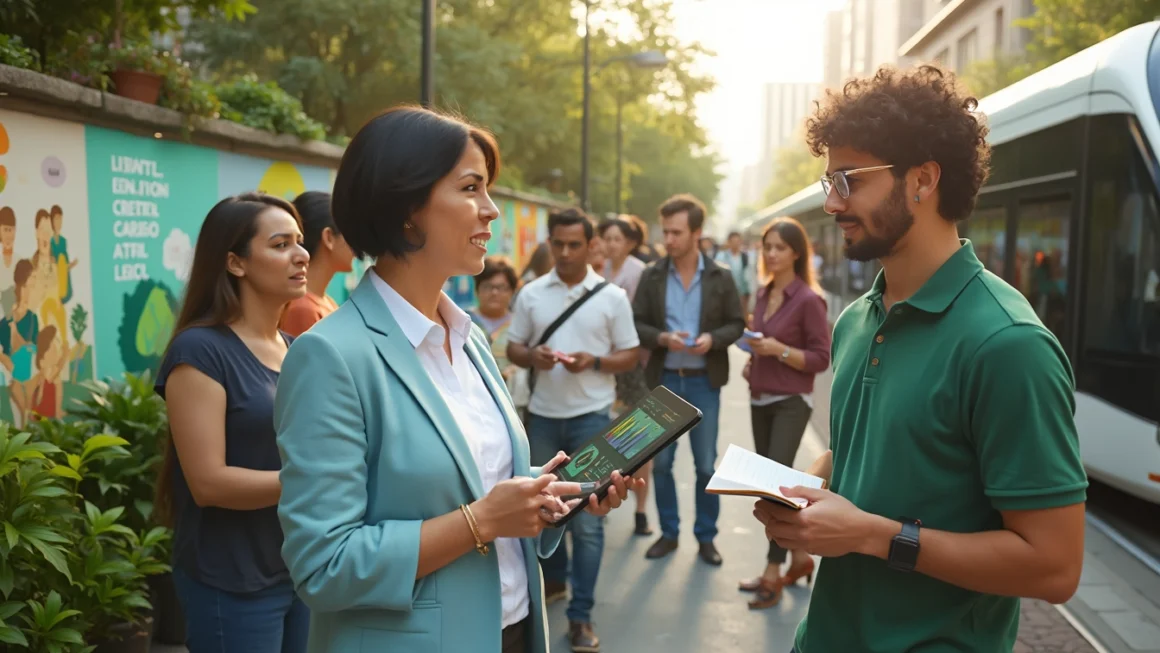In the face of escalating environmental challenges, local governments have emerged as crucial frontline defenders against land degradation and climate change. Their pivotal role in addressing these pressing issues cannot be overstated, as they are often the first to witness and respond to the impacts on their communities.
The Critical Role of Local Governments
Table of Contents
Local governments are uniquely positioned to implement practical solutions tailored to their specific regional contexts. They possess intimate knowledge of their territories, including the landscape, local economy, and cultural nuances. This understanding allows them to develop and execute strategies that are both effective and sensitive to local needs.
Moreover, local authorities are directly accountable to their constituents, making them more responsive to community concerns and better able to mobilize local resources and expertise. This proximity to the ground reality enables them to act swiftly and decisively when addressing environmental challenges.
Challenges Faced by Local Governments
Despite their crucial position, local governments often face significant hurdles in their efforts to combat land degradation and climate change:
- Limited financial resources
- Lack of technical expertise
- Insufficient authority to implement comprehensive policies
- Inadequate coordination with national and international bodies
These constraints can severely hamper their ability to implement effective long-term strategies for environmental protection and sustainable development.
Innovative Solutions and Best Practices
Despite these challenges, many local governments have demonstrated remarkable innovation in addressing environmental issues:
1. Green Urban Planning
Cities worldwide are incorporating green spaces, sustainable transportation, and energy-efficient buildings into their urban planning. These initiatives not only combat climate change but also improve quality of life for residents.
2. Community-Based Natural Resource Management
Local authorities are increasingly involving communities in the management of natural resources. This approach ensures sustainable use of resources while also addressing local economic needs.
3. Early Warning Systems
Many local governments have implemented early warning systems for climate-related disasters, significantly improving their ability to respond to emergencies and protect vulnerable populations.
4. Sustainable Agriculture Practices
Local initiatives promoting sustainable farming techniques have shown promise in combating land degradation while ensuring food security for growing populations.
The Need for Empowerment and Support
For local governments to effectively serve as first responders to environmental challenges, they require greater support and empowerment. This includes:
- Increased financial resources and autonomy
- Enhanced capacity building and technical training
- Improved access to data and technology
- Stronger partnerships with national governments, NGOs, and international organizations
By strengthening the capabilities of local governments, we can create a more resilient and coordinated response to land degradation and climate change. Automation tools can play a crucial role in helping local governments streamline their environmental monitoring and response processes, enhancing their effectiveness as first responders.
The Way Forward
As we face increasingly complex environmental challenges, the role of local governments as first responders will only grow in importance. By recognizing their unique position and providing them with the necessary tools and support, we can harness the power of local action to drive global change.
Local governments are not just administrative units; they are the guardians of our immediate environment and the architects of sustainable local development. Their success in addressing land degradation and climate challenges is crucial for the well-being of communities and the planet as a whole.
It is imperative that national governments, international organizations, and civil society work together to empower local authorities. Only through collaborative efforts and shared responsibility can we hope to create a sustainable future for all.
As we move forward, let us recognize and support the vital role of local governments in our collective fight against environmental degradation and climate change. Their actions today will shape the world we live in tomorrow.




